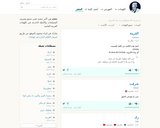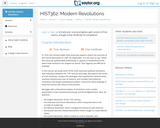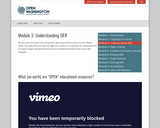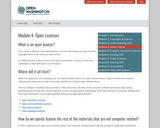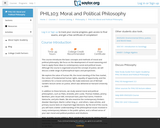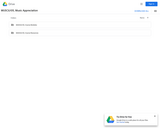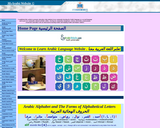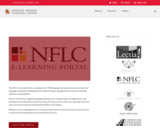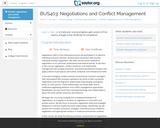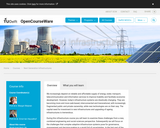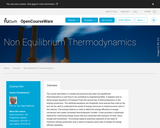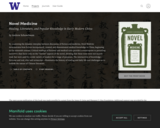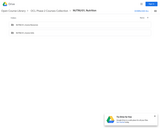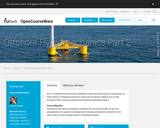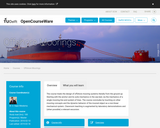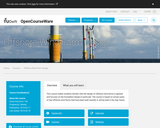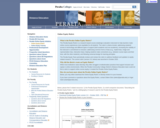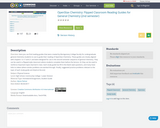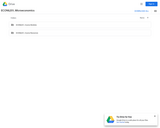
This course is a comprehensive introduction to the functions of the market system including allocation of scarce resources, production of goods and services, determination of prices, output and profit maximization in competitive and monopolistic markets. It is required for business majors planning to transfer to 4-year business programs in the state of Washington.Login: guest_oclPassword: ocl
- Subject:
- Economics
- Social Science
- Material Type:
- Full Course
- Homework/Assignment
- Lecture Notes
- Lesson Plan
- Reading
- Syllabus
- Provider:
- Washington State Board for Community & Technical Colleges
- Provider Set:
- Open Course Library
- Date Added:
- 10/31/2011
